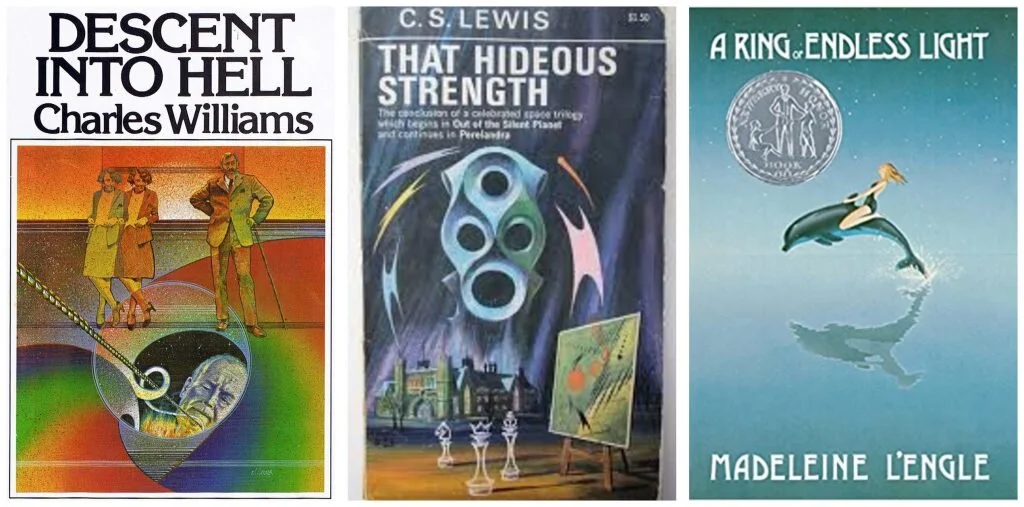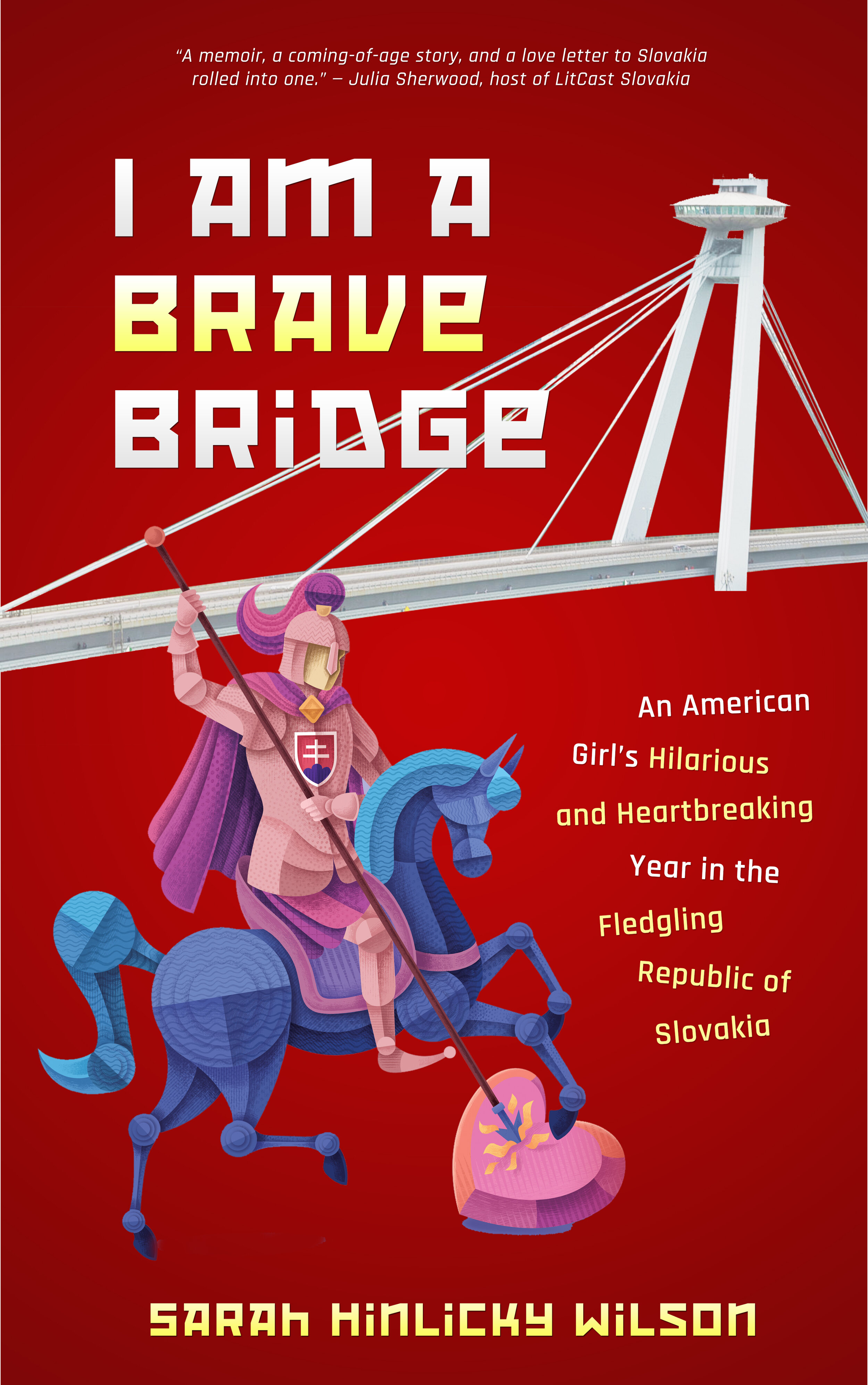I missed Czechoslovakia by six days.
It had been an odd sort of companion throughout my childhood, like an invisible mirror or rumored cousin, never quite real enough to manifest, never quite imaginary enough to vanish.
There was reason for its reticence, of course. It was communist, though poor little Czechoslovakia couldn’t really be blamed for that. Whenever I visited the red and gray farmhouse in upstate New York cobbled together by my grandparents’ meager construction skills, I would spin their globe, swiping the Atlantic Ocean out of sight, to locate the inverted circumflex amidst a crazy-quilt of countries small enough to be states. Surely Czechoslovakia had the most wonderful name of them all. Fourteen letters, beginning with that peerless Cz cluster, hinged in the middle by a modest but muscular o flicking upward the long fishtail of the remainder. The little orange strip, topologically ridged to represent the Carpathians, could barely accommodate its unwieldy moniker, in marked and modest contrast to the vast swath only a thumbprint’s width away, which fittingly named itself with a four-letter word: U.S.S.R.
I knew things about Czechoslovakia that other people didn’t, and not only how to spell it. Czechoslovakia, like Gaul, was divided into three parts: Bohemia, Moravia, and Slovakia. I assumed they were ordered according to the principle of save-the-best-for-last. My people were not Bohemians or Moravians. We were Slovaks.
I also knew that the pseudo-word “Slovakian”—usurper, pretender, and offense against eye and ear—was our private shibboleth, the unerring indicator of an outsider. It was anathema to us Slovaks; no one on the inside ever, ever said it, The New York Times notwithstanding. Ditto the equally opprobrious “Czechoslovakian” as a term for a nonexistent language.
I knew, moreover, that it made no nevermind that three generations of us had never actually been there. American citizenship was a mere epiphenomenon, a fact that my classmates, most of whom hadn’t the faintest idea of their own ethnic heritage, seemed unable to grasp. Whereas I knew that if sentimentality for the lost motherland gripped the church ladies in my grandfather’s Slovak congregation, the sure result was to be cabbage rolls, boiled with an inch of their lives. Plus ziti. Contradictions were allowed.
There was something else I knew, of which Czechoslovakia was but one of several echoes reverberating back to me from afar: I knew how always to be homesick for somewhere else…
Read more








